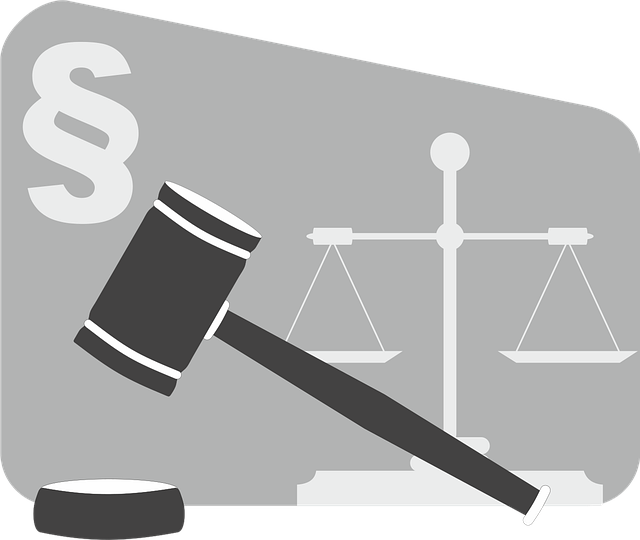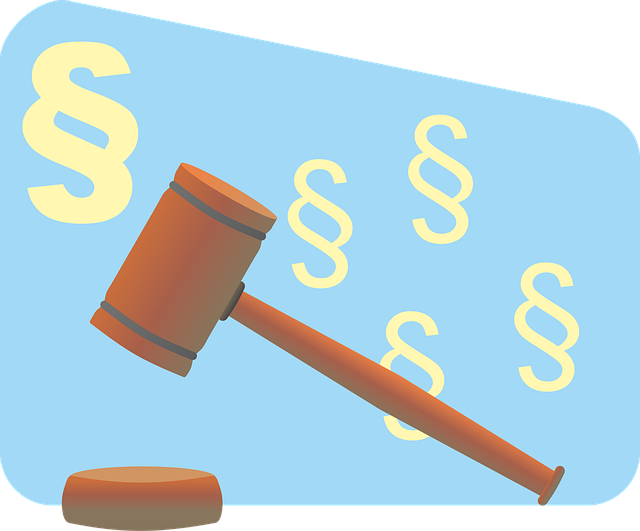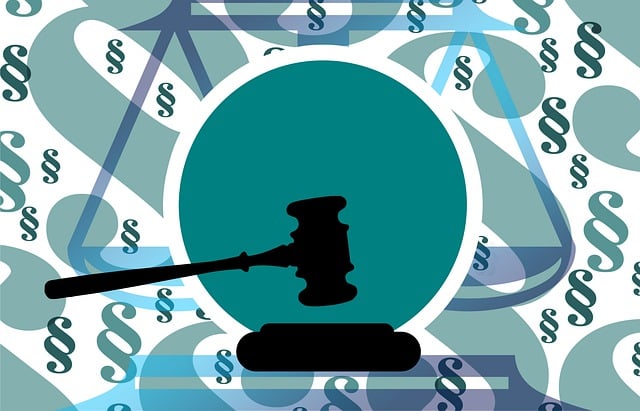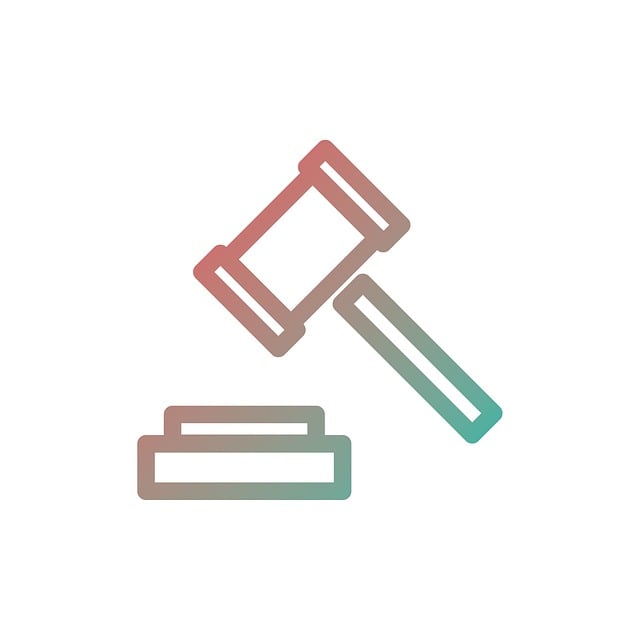C-Level Investigations scrutinize misconduct by senior executives, balancing efficiency and fairness in plea bargaining decisions to maintain corporate justice and governance integrity. High-profile cases from philanthropy and politics highlight the ethical complexities, demanding transparent outcomes to preserve public trust. Regulatory bodies play a crucial role in evaluating plea bargains, shaping corporate governance practices and risk management strategies in response to white-collar crimes with significant financial implications. The Ethical Implications of Plea Bargaining Decisions are under heightened scrutiny to avoid perceptions of unfairness and ensure integrity throughout the process.
In the dynamic landscape of corporate governance, C-Level Investigations play a pivotal role in uncovering and addressing wrongdoings. This comprehensive article delves into the intricate process of these investigations, highlighting key aspects such as understanding corporate misdeeds, the impact of plea bargaining, ethical considerations, and its implications for business leaders and regulatory bodies. Exploring the delicate balance between accountability and fairness, we analyze the ethical implications of plea bargaining decisions, offering insights crucial for navigating this complex domain.
- Understanding C-Level Investigations: Uncovering Corporate Wrongdoings
- The Role of Plea Bargaining in Corporate Law Enforcement
- Ethical Considerations: Balancing Accountability and Fairness
- Implications for Business Leadership and Regulatory Bodies
Understanding C-Level Investigations: Uncovering Corporate Wrongdoings

C-Level Investigations refer to high-level inquiries into corporate misconduct, focusing on wrongdoings committed by senior executives and board members. These investigations are crucial in uncovering ethical lapses, financial frauds, or other illegal activities that may have severe consequences for companies and their stakeholders. The process involves a thorough examination of all stages of the investigative and enforcement process, ensuring transparency and accountability.
The Ethical Implications of Plea Bargaining Decisions play a significant role in these investigations. Plea bargaining can be a complex aspect of corporate justice, where individuals accused of wrongdoings may negotiate guilty pleas in exchange for reduced sentences or other benefits. This strategy has its merits in terms of efficiency, but it also raises concerns about the potential encouragement of unethical behavior and the need to hold those at the top accountable without compromise. Across the country, legal experts and regulators are navigating these complexities, ensuring that justice is served while maintaining the integrity of corporate governance.
The Role of Plea Bargaining in Corporate Law Enforcement

In the realm of corporate law enforcement, plea bargaining plays a significant role as a tool for resolving complex legal matters involving high-level executives and organizations. When faced with potential criminal charges, companies often engage in negotiations to reach plea agreements, which can involve reduced penalties or even avoiding indictment altogether. This strategic approach has both advantages and ethical implications that warrant careful consideration.
The practice of plea bargaining allows companies to navigate the legal system more effectively, aiming for quicker resolutions and potentially achieving extraordinary results. However, the ethical implications of these decisions are profound, especially regarding accountability and transparency. As investigations at the C-level intensify across the country, striking a balance between resolving cases efficiently and upholding fairness becomes crucial. Ensuring that plea bargains do not undermine the pursuit of justice and that they do not encourage a culture of impunity is essential in maintaining the integrity of corporate governance.
Ethical Considerations: Balancing Accountability and Fairness

In the realm of C-Level investigations, where high-stakes cases and influential figures come into play, ethical considerations are paramount. As organizations delve into these complex inquiries, balancing accountability and fairness becomes an intricate dance. The pursuit of justice must be guided by principles that ensure due process for all parties involved, especially when dealing with individuals from the philanthropic and political communities.
The Ethical Implications of Plea Bargaining Decisions are significant in such scenarios. Avoiding indictment is a delicate matter, requiring careful navigation to prevent perceptions of unfair treatment. This is crucial not just for the integrity of the investigation but also to maintain public trust. Every decision made should be a testament to fairness and transparency, ensuring that the outcome resonates with the values of justice beyond the confines of legal procedures.
Implications for Business Leadership and Regulatory Bodies

The launch of C-Level investigations carries profound implications for both business leadership and regulatory bodies. As corporate scandals come to light, top-level executives face increased scrutiny regarding their decision-making processes. This includes the ethical considerations surrounding plea bargaining decisions, where high-ranking officials might opt for reduced sentences or alternative resolutions to avoid jail time. Such choices can have significant consequences, not only for the individuals involved but also for the organization’s reputation and long-term sustainability.
Regulatory bodies play a crucial role in monitoring these situations to ensure fairness and maintain public trust. They must carefully evaluate the circumstances leading up to plea bargains, especially in cases of white-collar crime, where complex financial schemes and potential conflicts of interest may be at play. This scrutiny can shape future corporate governance practices and influence how businesses approach risk management and internal controls, ultimately impacting their strategies for navigating high-stakes jury trials.
C-Level investigations, aimed at uncovering corporate wrongdoings, require a delicate balance between accountability and fairness. The practice of plea bargaining plays a significant role in this process, with its ethical implications warranting careful consideration. By examining the consequences for business leadership and regulatory bodies, we can ensure that these investigations not only uphold justice but also foster an environment of integrity within corporate landscapes. Understanding the nuances of C-Level inquiries is crucial to navigating the complexities of corporate law enforcement, ultimately shaping a more transparent and responsible business ecosystem.






